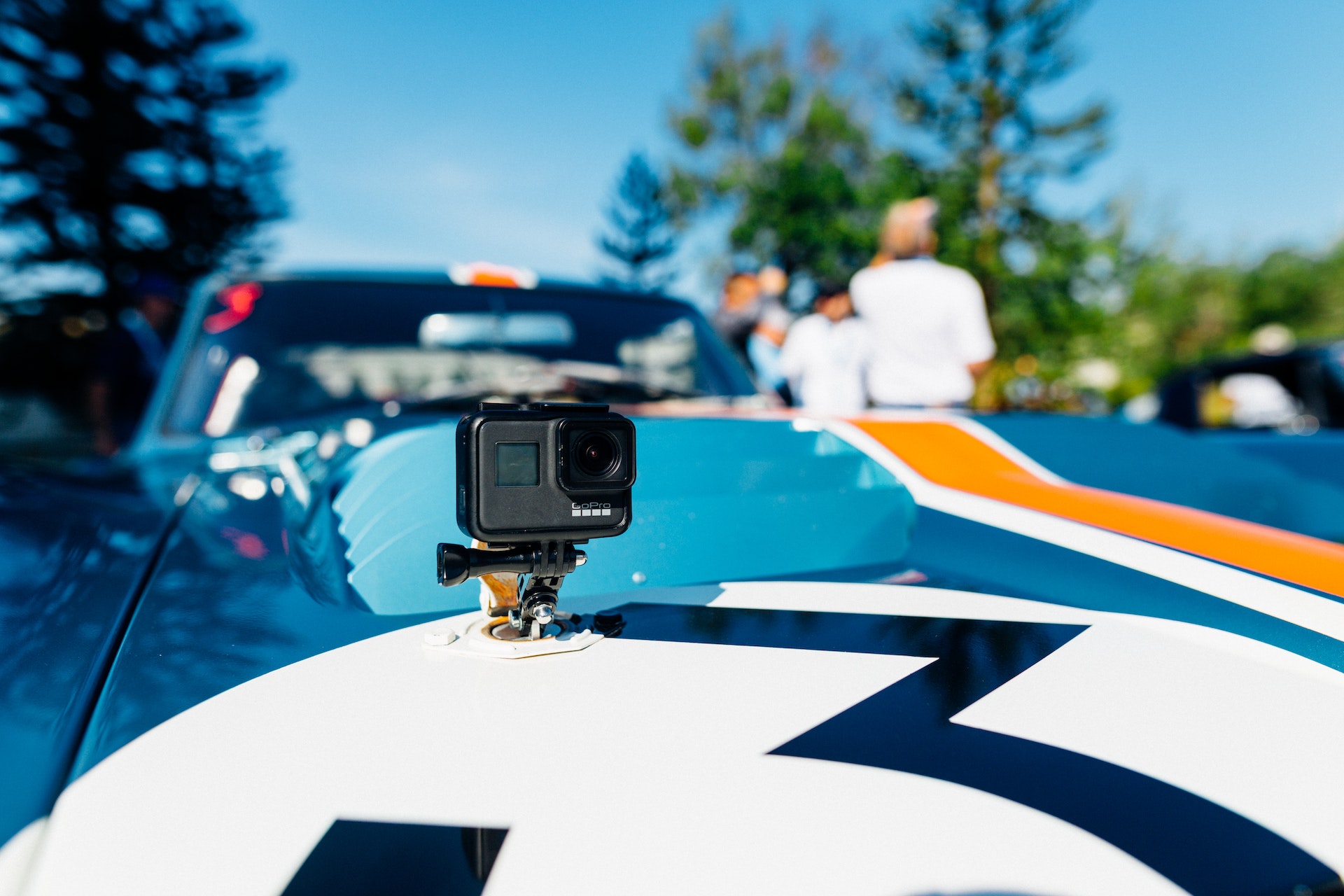The use of dashcams in personal vehicles has become increasingly popular around the world due to the valuable role they play in documenting incidents, providing crucial evidence in disputes, and contributing to road safety research, including capturing license plates and faces. However, the legality of dashcam use varies by country. This article focuses on the legal framework surrounding dashcam use in the Netherlands.
Legality of Dashcams
In the Netherlands, it’s legal to own and use a dashcam in your vehicle. The Dutch Data Protection Authority, responsible for enforcing privacy laws, doesn’t specifically prohibit dashcams. The law acknowledges the public interest of documenting possible traffic incidents, which justifies the use of dashcams. However, to ensure compliance with privacy regulations, it is recommended to blur faces and license plates in videos captured by the dashcam. This helps protect the privacy of individuals whose personal information may be recorded unintentionally.
Data Protection Laws
While dashcams are allowed, their use is subject to Dutch and European data protection laws, including the General Data Protection Regulation (GDPR). Dashcam footage typically involves recording personal data such as faces or license plates, which are considered personal data under the GDPR.
Private individuals using dashcams for personal or household activities, like documenting a road trip or providing evidence in case of a traffic dispute, are generally exempt from the GDPR. However, if the dashcam footage is shared publicly (like on social media), or if the dashcam is used for professional purposes, the GDPR applies and must be adhered to.
Rules of Use
Users must ensure their dashcams don’t infringe on the privacy of others. If you have recorded an incident involving others, you should generally avoid sharing it on public platforms without the consent of the people involved or without blurring identifiable information, to avoid violation of privacy laws.
Infringement and Enforcement
Although it’s legal to use a dashcam, if the use of the dashcam infringes on the rights and freedoms of others, it can lead to enforcement action by the Dutch Data Protection Authority or legal action by the individuals affected. To ensure compliance and protect personal identifiers captured in the videos, it is advised to use blurit to blur faces and license plates. Penalties for misuse can range from fines to, in extreme cases, imprisonment.
In Court
Dashcam footage is admissible in court under Dutch law. However, the court has the discretion to evaluate the legitimacy of the evidence and its admissibility on a case-by-case basis.
Conclusion
While the use of dashcams in the Netherlands is legal, it’s essential for users to be aware of the data protection laws in place, especially in regards to sharing footage. As such, it’s recommended to use dashcams responsibly, respecting the privacy of others and limiting the sharing of recorded footage.
